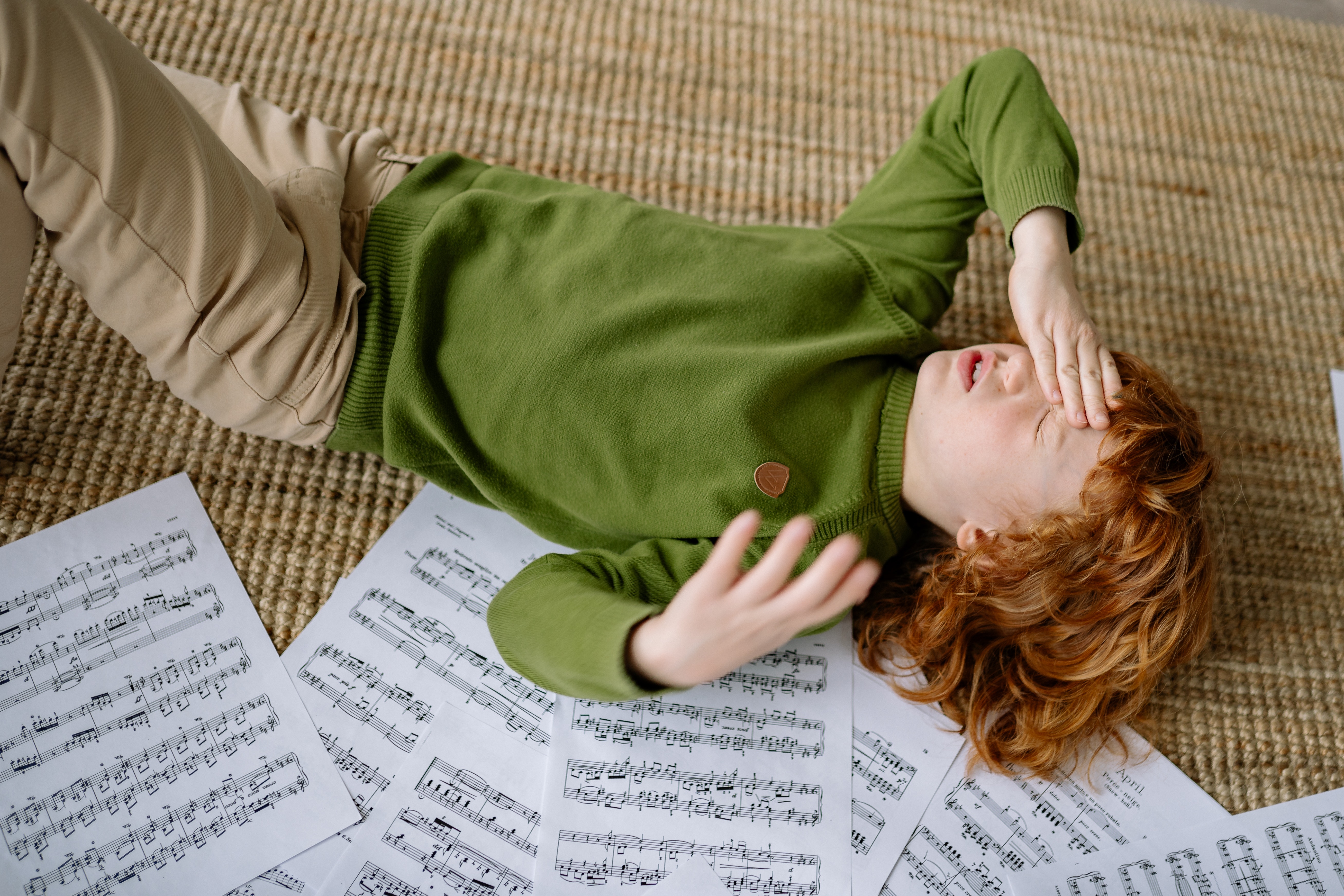Headache in children
Headaches are not limited to adults only, but a large group of children also suffer from headaches, and the crying of the child or the symptoms appearing on him due to headaches may cause some anxiety and porcelain in mothers, and therefore this requires quick treatment to avoid any danger or health complications that may affect the child. In the following lines, the symptoms and causes of headaches in children and general advice for the prevention and treatment of headaches for mothers and fathers will be discussed.
What is a headache in children?
It is common for children – even infants – to suffer from frequent and severe headaches. It consists in the form of pain in your child’s face or head. Headaches affect 25% of younger children and 75% of adolescents. In fact, migraine is one of the top five common diseases in children and with proper care your child can get the best treatment to either stop or prevent headache pain and associated symptoms such as nausea and vomiting. The most common types of headaches are migraines and tension headaches.
Symptoms of headache in children
- Pain in the head and neck.
- Inability to sleep at night.
- Pain in the back of the head.
- Difficulty moving and confusion.
- Double vision or loss of vision.
- Vomiting and fever.
- Muscle weakness.
Causes of headaches in children
There are many possible causes of headaches in children. They include but are not limited to:
- Flu, infection or fever.
Sinus infections.
Sore throat.
ear infections;
head trauma;
Stress.
Anxiety and stress.
Among the rare causes that may cause headaches in children:
- Exercising a lot (it happens to athletes for example).
Meningitis (infection or inflammation of the membrane covering the brain and spinal cord) is rare.
Encephalitis (inflammation of the brain) which is rare.
Hemorrhage (bleeding into the brain) which is rare.
A tumor (a mass of abnormal tissue), which is also rare.
Diagnosis
In order to evaluate and diagnose headaches, your health care provider will need to perform a physical exam. They will check things like:
- Fever and high blood pressure.
Muscle weakness or balance problems.
vision problems;
They will also interview you and your child and your child’s health care provider may ask several questions, such as:
- When did the headache start? How long has the headache been? How often do headaches occur?
What causes headaches? For example, do certain foods, situations, physical activity or medications cause a headache?
Does your child also have weakness, vision changes or loss of consciousness?
What time of the day does your child have a headache? Does the headache come on suddenly?
And other questions to understand your child’s condition and diagnosis.
Complications of headache in children
- Complications include the following:
- Crying children because of headache pain may compound the condition and cause convulsions
Headaches from a blow to the head may cause internal bleeding if not treated.
Constant headaches may cause a loss of concentration in daily life and school, or may cause depression.
protection
Develop healthy habits such as: getting enough sleep, staying physically active, eating healthy meals and snacks, drinking up to eight glasses of water a day, and reducing caffeine.
Reducing the things that stress your child and cause him psychological stress
Avoid any headache-inducing foods or drinks such as those that contain caffeine (tea, coffee, soda) and chocolate.
Learn relaxation techniques such as deep breathing exercises or meditation.
Avoiding triggers and taking preventive medications can help reduce the risk of headaches. Ask your doctor which medications are most effective for your child. Headache medications for adults can be used in small doses for headaches in children and teens, but your child may need prescription medications from a medical professional if headaches persist and for migraine headaches.
Among the home remedies we recommend are:
- Head massage and lie down.
Compress the forehead and neck with cold water.
Take a shower with warm water.
Drink warm herbs.
Stay away from stress and tension.


